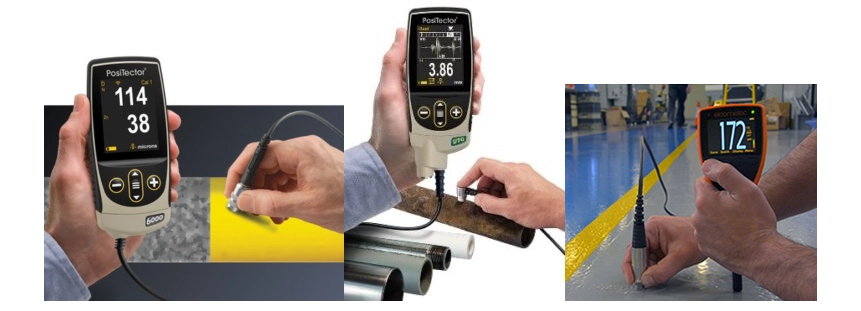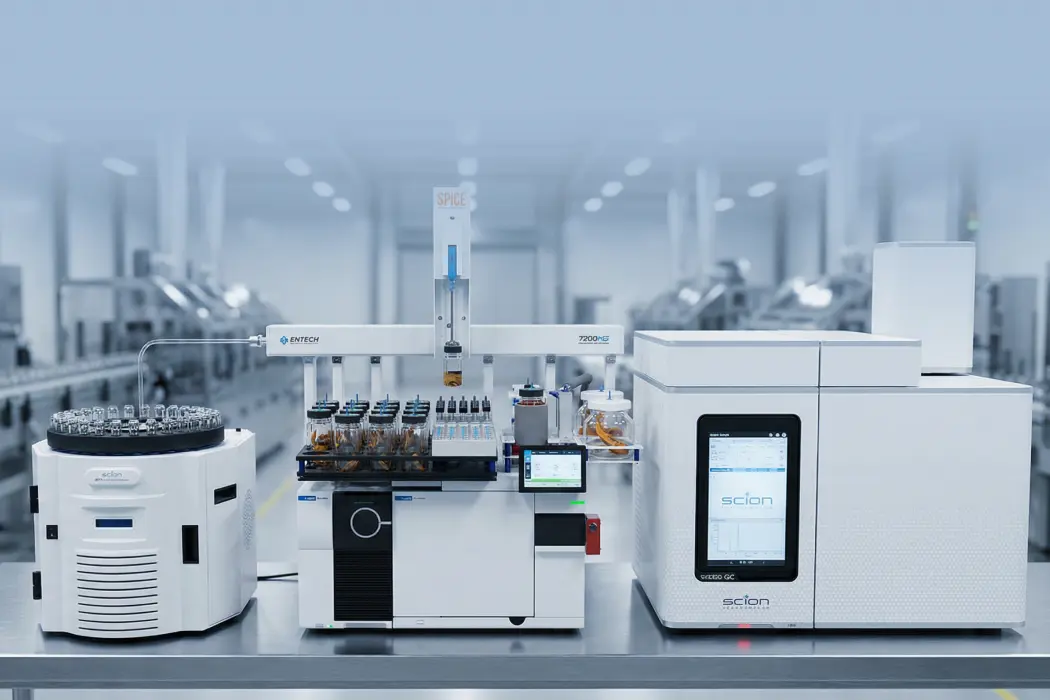Material testing plays an important role in construction that makes sure the materials used are durable enough to work with, assuring engineers and builders that the material meets the specific standards. The right testing tool helps prevent any sort of incident that may delay the performance. However, choosing the right testing instrument is quite challenging. In this article, we will be talking about the top 5 material testing instruments that every construction project should own.
Significance of using testing instruments in construction:-
Depending upon the stages and purpose of the project you may need to test the material for various reasons like
- Ensuring quality or solving problems. For example, quality control tests ensure that the material meets the required standard before they are used.
- Testing identifies potential flaws or weak points in materials, improving safety and reliability.
- It helps in understanding the properties and behavior of the material.
- Testing ensures that materials meet strict regulatory standards across various industries.
Drawbacks of Not Using Testing Instruments in Construction
- Some materials do have hidden defects and a lack of proper tests can lead to safety risks like structural failures or accidents.
- If material is used without being tested it can result in weakening the overall construction.
- You may face legal issues and penalties resulting in non-compliance with industry regulations.
- Using untested materials can lead to costly repairs and replacements, and unexpected failures can lead to project delays.
- Without testing, materials might not be durable or reliable, causing the structure to break faster over time.
- Not-tested material may lose the ability to identify better solutions or improvements, reducing the overall performance of work.
The top 5 Material testing instruments for construction are:-
Selecting appropriate tools for testing is essential for a successful project. Here are some of the tools that may help you prevent costly mistakes ensuring the materials being used are safe and reliable:-
Compression Testing Machine (CTM):- this tool measures the reaction of material when a compressive force is applied. Material is placed and pressed by applying mechanical force gradually between the two plates until it breaks. This instrument gives record data on the strength applied, and elasticity of materials like concrete blocks/bricks, rocks, metal cylinders, or wood.
CTM machine is able to determine the material’s behavior and response under crushing load force. It helps in product development, quality control, and research and development in the Laboratories.

Shakers with Sieves for Testing Fineness:- this technique is used to test the quality of cement, sand, or granular materials. Here the materials are sieve varying the mesh sizes and shaken mechanically. The shaker moves in a rotary motion that allows particles to pass through the sieve separating the finest particles. This is the oldest and best-known method for determining particle size and distribution. Fineness testing is crucial in industries like construction, cement, ceramics, ready-mix and construction material testing Laboratories.
Digital Penetrometer:- this tool is used to measure the hardness of materials like bitumen, soils, and food products. This instrument shows how the material resists under pressure and is widely used in civil engineering, foundation design, roads, high-ways, dams and bridges, construction, and pavement structure. The penetrometer uses a fixed force to push a needle or cone into the material’s surface then recording how deep the needle goes, which helps determine how hard or soft the material is. The digital display makes the readings accurate and easy to read.
It’s provide the real time data on soil properties, it’s cost effective, portable and field friendly.

Viscometer: resistance to flow or shear to fluid is known as viscosity. This instrument is crucial in industries like construction materials, food, detergents, cosmetics, gas and oil etc. It provides data on how thick or fluid the liquid is under certain conditions. It measures the viscosity of liquid by rotating an object in the fluid, allowing fluid to flow through a particular path and measuring the force needed to move and how long it takes to flow. The different types of viscometers are Rotational Viscometers, Capillary Viscometers, and Digital Viscometers.

Coating Thickness Gauge:– This tool is essential for ensuring that coatings such as paint, and electroplating meet required thickness standards for protection and performance. The gauge uses magnetic induction to measure the thickness of non-conductive coatings like paint on conductive substrates like steel. Advanced gauges can also measure coatings on non-metallic objects like plastic or wood. Coating thickness is an important variable that plays a vital role in product quality, process control and cost control in industries.

These instruments are important for research and ensuring product durability among different industries.
Use of these top five testing tools helps in preventing mistakes, making sure the materials are durable, reliable, and fit for the purpose. Material testing instruments are a necessity for the safety and successful completion of projects. Any type of faults or defects will delay the whole process leading to a waste of time and cost. It is always better to test the material beforehand to avoid any kind of accidents or unexpected falls.
By prioritizing the testing instrument in construction, builders, and engineers can deliver a high-quality, durable, and reliable structure that speaks for years.



